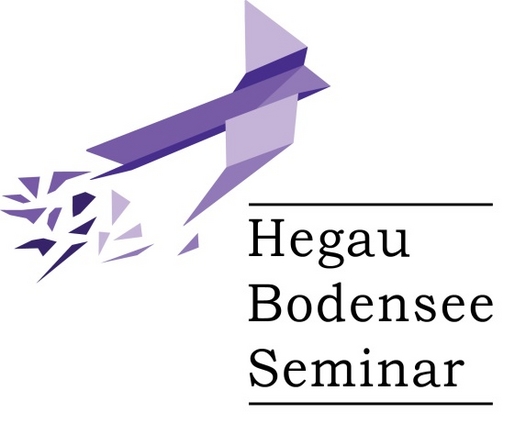University Day in collaboration with Hegau-Bodensee Seminar: Exploring Nature Around the World
Wann
Freitag, 15. November 2024
9 bis 13 Uhr
Wo
Y 326
Veranstaltet von
Zukunftskolleg & HBS
Vortragende Person/Vortragende Personen:
tba
ZUKOnnect fellows will offer different workshops and interact with pupils of the Hegau Bodensee Seminar (aged 16–18) to share their fascination for science around the world.
Workshop 1:
Maria Sol Procel (ZUKonnect fellow from Argentina/ Department of Biology)
Title “Sweetwater Fish”
Abstract:
Limnology is a branch of ecology that studies freshwater systems, such as lakes, ponds, rivers, and reservoirs, as well as the interactions between aquatic organisms and their environment. Like oceanography, limnology is a highly integrative science where physics, chemistry and biology interact. The basaltic plateaus of the Patagonian Steppe (southern Argentina) are home to numerous lakes that differ in limnological characteristics and are the breeding habitat for endemic and critically endangered aquatic birds. In recent years, these lakes have experienced reduced water levels, shifting from a clear-vegetated to a turbid state. Exotic fish have also been introduced in naturally fishless lakes for sport fishing. Our studies show that fish have impacted local environmental conditions and plankton communities, which are the most severe during dry periods. Ecosystem metabolism links environmental factors and food webs by regulating matter and energy flow through carbon production, consumption, and decomposition. As both reduced water levels and fish may shift metabolic processes, our goal is to quantify these processes (primary production and respiration) in shallow lakes in summer using high-frequency sensors. It is essential to understand the carbon cycle and the role of these ecosystems in the carbon cycle, and predict ecosystem response to climate change. The goal of this workshop is to provide an overview of limnological research, including sampling methods, and to explore the diversity of freshwater communities. We will focus on the lakes of the Patagonian steppe, examining their unique ecological dynamics and discussing key conservation challenges.
****
Workshop 2:
Cinthia Misaka (ZUKOnnect Fellow from Brazil/ Linguistics) and Antonieta Martinez (ZUKOnnect Fellow from Mexico/ Psychology-Informatics)
Title: “Unlocking Autism: Step into the Neurodivergent Mind”
Abstract:
This workshop offers an introduction to the cognitive, neurological and linguistic traits of individuals with Autism Spectrum Disorder (ASD). Students will explore key aspects of neurodivergence, gaining insights into how language and communication differ in people with ASD. Through interactive, hands-on activities, participants will experience what it feels like to navigate social situations as a neurodivergent person. We expect that this immersive approach will foster an understanding of ASD.
****
Workshop 3
Swadhin Agrawal (ZUKOnnect Fellow from India/ Informatics)
Title “What is Swarm Robotics”?
Abstract:
Robots are more than just machines. They can sense their surroundings, interpret and process the environment, and perform tasks. Robots are ubiquitous these days, especially ones such as self-driving cars, autonomous cleaning robots, drones, and many others. The basic principle that most of them work on is based on sense, plan, and act. In this workshop, we will dive-in to gain more insights into these basic principles of what a robot is and how it works. As the number of robots increases at a pace faster than ever at current times, we are reaching a point where each person will be surrounded by tens and hundreds of robots. In such a situation, the traditional approach of designing intelligent robots loaded with expensive equipment fails badly because we need to design algorithms considering all the worst-case possibilities, which is mostly impossible without making assumptions about robots’ task specialty. Natural collective systems like humans, ants, and fishes have made it through many natural disasters, and they work socially together flawlessly in the real world to achieve the desired objectives and survive. For instance, in the case of ants, each ant perhaps does not have much sense of its surroundings except for eating, lifting objects, and reproducing. Still, they collectively end up foraging in a group, building nests, and whatnot. We will therefore delve into how such behavioural principles like eating, following, etc., from the social animal collectives can be adapted to groups consisting of simple and not-too-expensive robots to let them achieve autonomy at the group level while not having to plan each of their missions.

